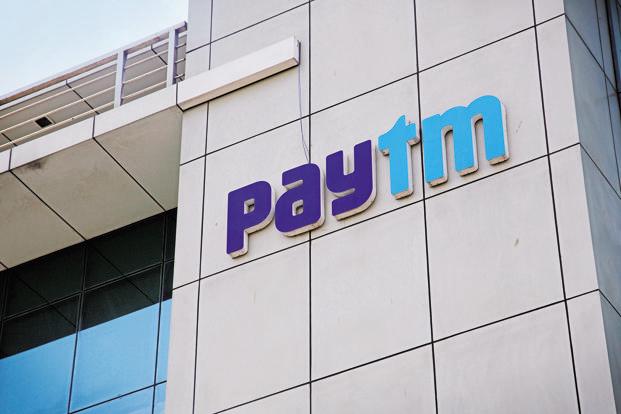Digital Wallet payment company Paytm refused media reports that it has shared user data to third parties, saying that the data of its 300 million registered users is safe in India. Some media reports had made allegations that it had breached users’ privacy by sharing their data on the request of the Prime Minister’s Office.
More details:
A sting operation video on mobile payments company Paytm which is going viral these days shows Paytm Senior Vice President Ajay Shekhar Sharma allegedly saying that the Indian Prime Minister’s Office (PMO) had asked the company for user data. This video has been released as a part of the ‘Operation 136’ sting operation series, largely focusing on news organizations and their alleged willingness to promote political agenda.
However, this was all fake and the video has voice-over modifications in it. In a blog, the company told its users:
“There is a video going around on social media and it falsely claims that we shared some data with 3rd parties. Nothing can be further from the truth. We never share your data with anyone: any company/ any government or any country. At Paytm, your data is yours. Not ours, or of a third party, or of the government. Our policy allows ONLY legally compliant data requests from the law of the land to get access to data for necessary investigations. To further clarify, in the past, we have neither received requests nor shared any data without a legally compliant request from a bonafide agency and through proper process and channels. You can be sure that no data is shared with anyone whom you would not have given us permission to share it with. This is the holy grail of trust between us. Any person claiming otherwise is not aware of the policy and is not authorized to speak on behalf of the company.”
About Paytm:
Paytm is an Indian e-commerce payment system and digital wallet company. As of November 2017, Paytm had 282 million registered users, and in April it announced that more than 100 million of its wallet customers have completed their know-your-customer (KYC) process, as mandated by the Reserve Bank of India.

